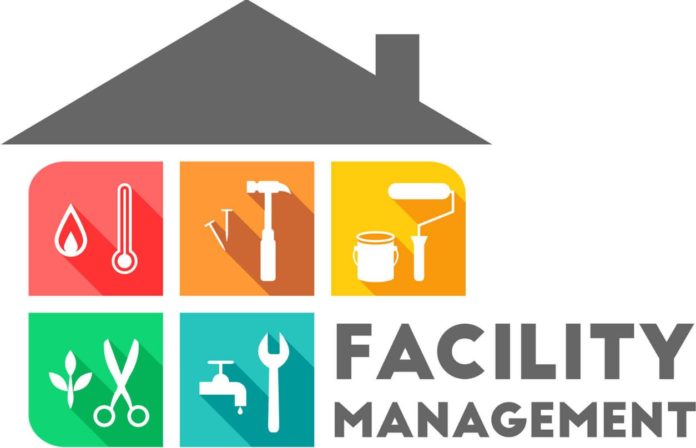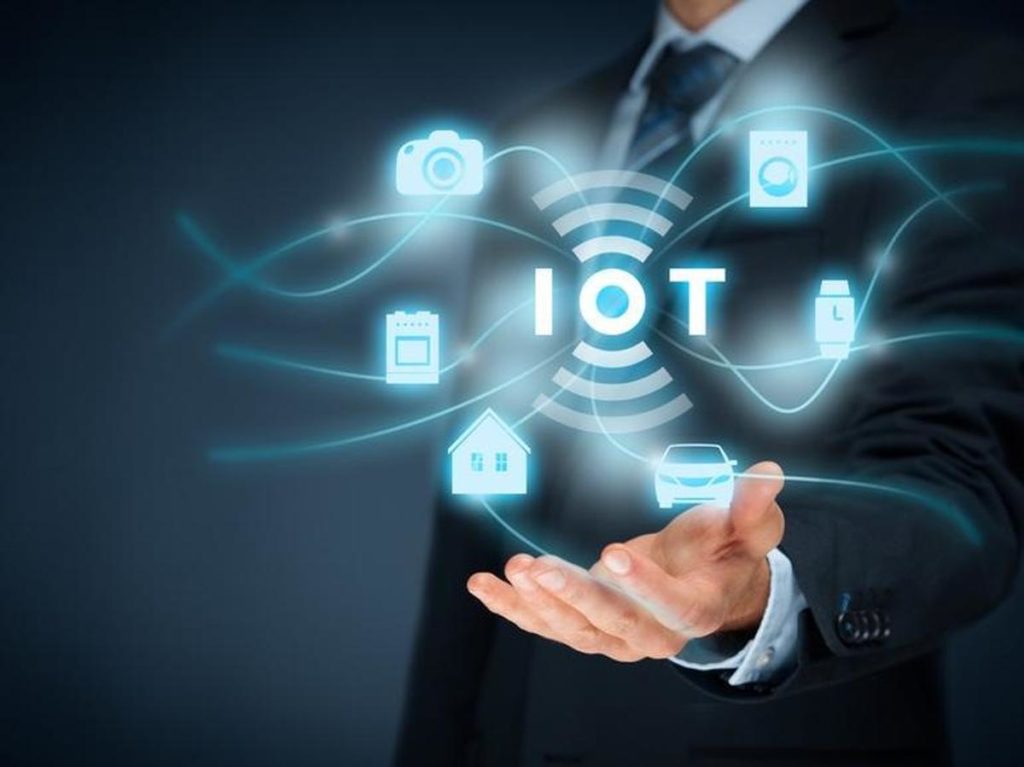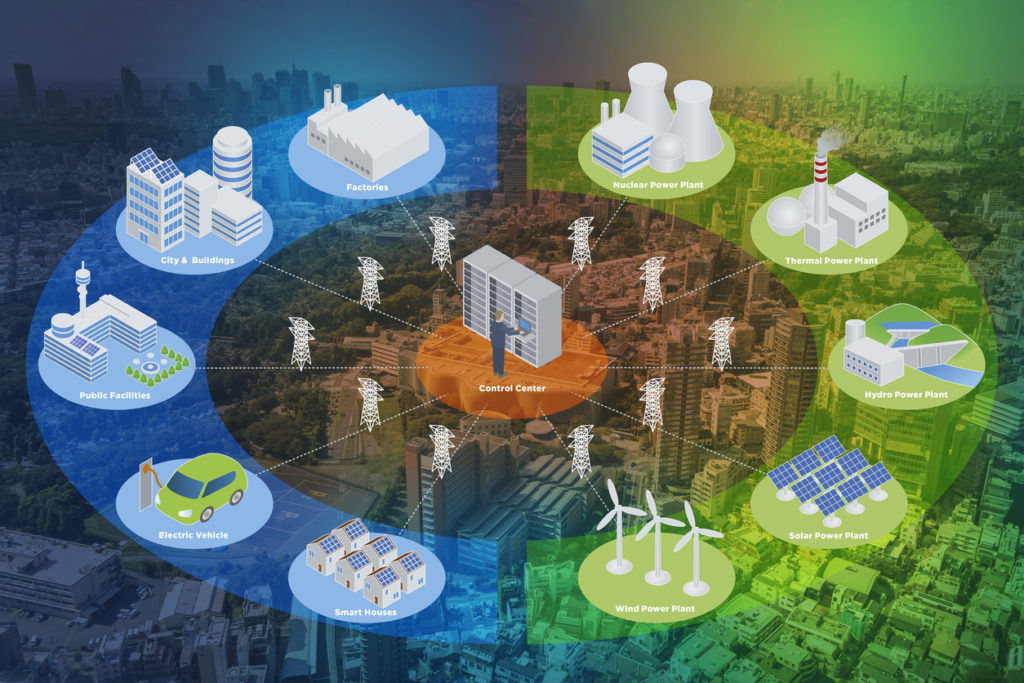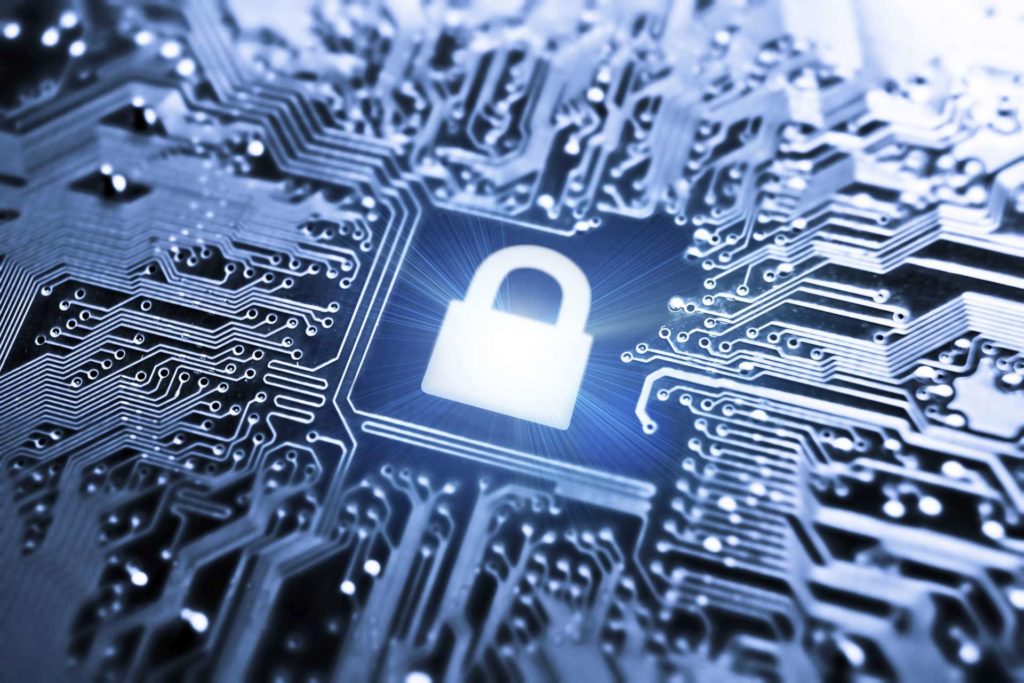
The field of facility management is changing along with many other business sectors due to new technology. With advancements in Wi-Fi and the Internet of Things (IoT), everything from equipment efficiency to room temperatures and lighting conditions can be controlled in one place.
All of this data is crucial for facility managers, and all of it and more can now be tracked and controlled in real-time. To know more about IoT you can visit TDengine for more information and details.
Understanding how these things can be related requires taking a look at IoT. Succinctly, IoT takes advantage of modern technology to create a system of networked devices. That means that through the use of computer technology, the internet, and IT software, a large number of unrelated processes can be paired together and controlled in one place.
This is a massive win for business facilities in general, as it allows a business to use their Internet Protocol (IP) to connect their entire workplace. This lets each portion of the operation to transfer data and allow decision-makers to execute more effective facility controls.
The best part? This can be done without traditional person-to-person or even person-to-computer/device interaction. IoT-collected data can be used by facility management teams to create effective preventative maintenance plans, significantly reducing repair times and the number of normal maintenance tasks that are required.
Industries Making Use of IoT

As IoT removes the necessity of many types of interactions that typically occur in all industries, the technology is gaining wider adoption and implementation with each passing year. Here are five major industries that have incorporated IoT into their processes, services, and products:
- Manufacturing
The manufacturing industry primarily uses the IoT to track and control many parts of the manufacturing process. This includes areas such as factory floor assembly operations, collaborative robot operations, inventory control, and warehouse management. It also helps them to efficiently manage their operation by tracking statistics such as space utilization; by maximizing the efficiency of their business, manufacturers can benefit in a big way from IoT technology.
- Construction
Many roles and processes in the construction industry still require traditional interactions between people and devices or equipment, but innovations are changing how processes are carried out and tracked. IoT in the field of construction has resulted in the adoption of networked power tools, linked automated machinery, and remote-controlled drones. It creates a safer work environment for employees on-site, and also increases the efficiency of a build, saving money on supplies and construction time.
- Consumer Electronics
The consumer electronics industry was another early-adopter of this technology. There are many consumer devices that use the IoT, including smart power appliances, Bluetooth-connected remotes and keys, remote locks for your home or other belongings, and remote temperature control.
IoT works wonderfully in the home because it combines a variety of electronics into something much more manageable for the homeowner. Tech-savviness does not come naturally to everyone, and IoT technology can make that much more convenient in homes.
- Transportation
Transportation in both the private and public sectors have a strong interest in this technology, as well. Many businesses and government agencies want to use the IoT for self-driving cars, improved passenger service in public transport, and better to assist those with reduced mobility. IoT technology is still a work in progress for the transportation industry, but it may be the piece of technology needed to usher in a wave of futuristic vehicles.
- Healthcare
The healthcare industry is a strong supporter of IoT innovation and advancement. This technology offers an extra layer of data collection, monitoring, and analytics that hospitals and medical professionals can rely on while performing medical treatments or handling emergencies. IoT can track hospital patients and staff, verify the dispensing of medication, and track consumer health factors with wearable bands and other devices.
Challenges of Facility Management

Facility management is rife with challenges that have to be managed effectively for a facility’s smooth operations. Here are four difficult challenges that facility managers face:
- Aging Inventory
Facility managers have to constantly be aware of the toll that time takes on facility machinery and equipment. Statistically, machine breakdowns and leaking parts are inevitable. Facility managers often carry out proactive and preventative maintenance plans to stay ahead of this problem.
- Cost Management
Practically every action a facility manager takes has its associated cost. Areas of facility management – such as inventory, security, maintenance, and staff hiring – require resources and effective budgeting to not impact facility operations adversely.
- Security Management
Facility managers must be concerned with the facility’s security processes and resources. Security threats, breaches, and emergencies are always possible, which means that any facility management plan must have provisions for a comprehensive, facility-wide security strategy. A major security concern is the implementation of an efficient evacuation process in the event of substantial facility disasters or other emergencies.
- Ever-changing Compliance Standards
Managing facilities at optimum levels can sometimes be halted by the end to adapt to periodically changing regulations and compliance standards. It can be quite difficult to combine standards compliance with industry-leading innovations.
How IoT Improves Facility Management

Here are several examples of how the IoT can improve facility management processes:
- Improved Security
Facilities with IoT can resolve physical security and cybersecurity problems more efficiently, monitoring facility areas and networks for unauthorized access.
- Real-Time Asset Monitoring
A facility manager with IoT-connected devices can better locate, track, and permit access to any assets that workers or facility visitors are authorized to use. This results in real-time tracking of assets such as ventilators, hazardous substance detectors, escalators, elevators, and HVAC.
- Improved Worker Experience
IoT-enabled devices can track, analyze, and report information back to the facility manager. This allows the manager to ensure that equipment and resources are available and working properly, making each facility worker’s job much easier and safer.
- Optimizing Facility Processes
IoT-enabled devices can result in less energy consumption, improved equipment monitoring, and optimized facility workforces. Space utilization is a huge issue for large corporations, and FM Systems has a great article explaining how IoT technology makes that challenge so much easier to solve.
IoT technology is not going anywhere; it’s a growing field of study that has helped companies around the world. In fact, the possibilities afforded by the IoT will only continue to expand as more and more items are improved with computerization. The IoT can have a major impact on the success of your business today, and it’s only going to become more important in the future.







